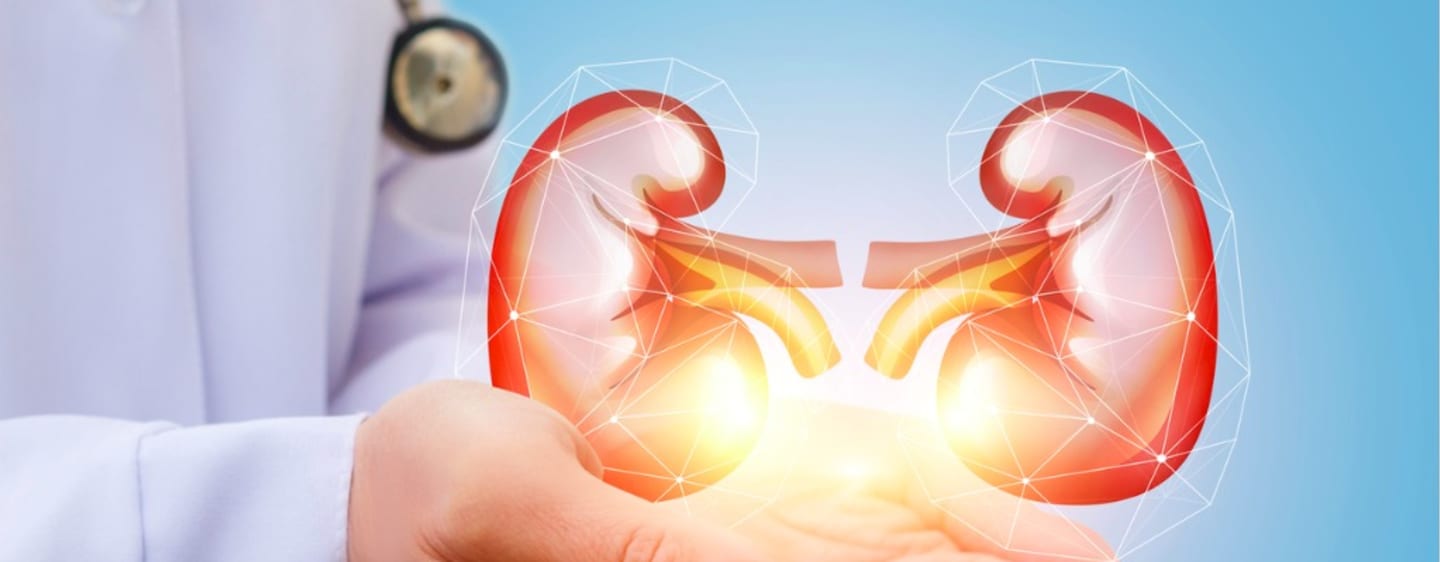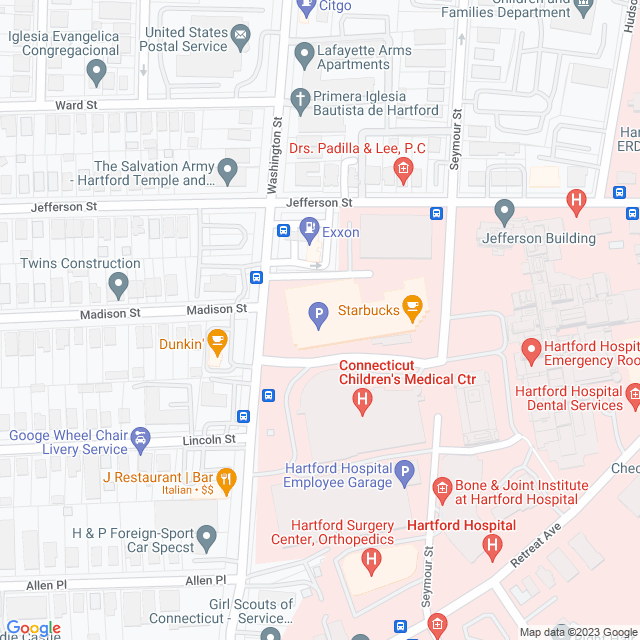
Nephrology

Or, if you're not sure what you're looking for, you can:
Browse Specialists
Browse Primary Care
Or, if you're not sure what you're looking for, you can:
Browse All Conditions & Care Services


It is important to seek medical attention as soon as possible when you exhibit symptoms of kidney disease. Left untreated, kidney disease can progress into chronic kidney disease, which will continue to disable kidney function until kidney failure occurs.
Patients with kidney failure will need continuous dialysis treatments for the rest of their lives or until they can receive a kidney transplant.
Symptoms of kidney disease often appear slowly and may include:
Many of these symptoms can be signs of unrelated medical problems, which makes kidney disease more difficult to diagnose in the early stages. However, in many cases, increased urination serves as the telltale sign of kidney disease. The average person urinates four to six times a day. If you regularly find yourself going above this number, you should discuss it with your primary care physician.
We have the capabilities to manage a full range of kidney diseases and offer some of the latest treatments. Here is a list of some of the most common conditions we see and treatments we use. If you have questions about whether we treat your condition or offer a specific treatment, please call us.
What is transplant nephrology?
Transplant nephrology specializes in kidney and pancreas transplants as well as caring for kidney and pancreas transplant recipients.
What is interventional nephrology?
Interventional nephrology specializes in treating and maintaining access to blood vessels for dialysis. In addition, interventional nephrologists perform kidney biopsies. They have training in:
2 Specialty Care Locations


